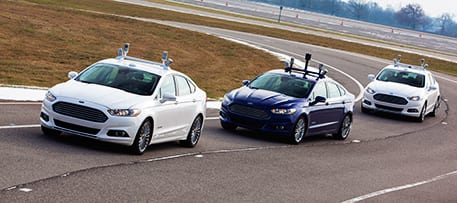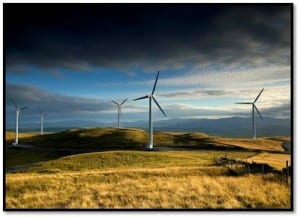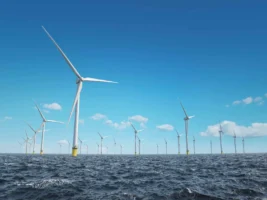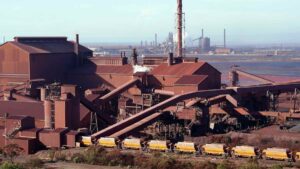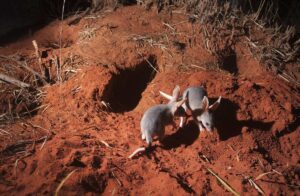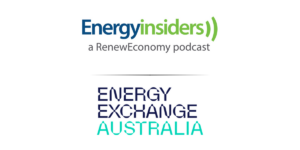The South Australian government has launched a $10 million grant funding round aimed at accelerating the development and rollout of autonomous and connected vehicles, six months after it became the first state to legalise controlled testing of driverless cars on the state’s roads.

The initiative, announced by SA transport and infrastructure minister Stephen Mullighan at the 23rd World Congress on Intelligent Transport Systems (ITS) in Melbourne this week, calls for creative proposals from industry bodies, research institutions and other organisations.
The proposals are expected to focus on autonomous vehicle testing and demonstrations, in both off-road laboratory conditions and the real world environment in general mixed traffic conditions.
The government is also seeking proposals for connected vehicle-to-vehicle and vehicle-to-infrastructure pilots and demonstrations, as well as pilots and demonstrations for next-generation technology in infrastructure and in vehicles.
Grant applications will open on November 14 for the fund, which is worth $10 million over three years.
All projects must take place in South Australia, but overseas-based partners can partner with local small to medium enterprises, universities and other organisations, the government said.
“As the demand on our roads continues to grow, it’s vital that we look for more efficient ways to move traffic around the State,” said Mullighan in a statement on Monday.
“We are looking for creative proposals that will accelerate the roll-out of these technologies on our roads and open up new opportunities for South Australian businesses and our economy.
Mullighan said that the autonomous vehicle industry – which has been estimated to be worth $90 billion, globally, by 2030 – could deliver huge benefits to South Australia, by reducing traffic congestion, saving lives and helping people get around with more freedom, but that regulations and infrastructure would need to be updated to access these benefits.
Global progress on autonomous vehicle technology – and the legislative and regulatory changes that will be have to accompany its uptake – has been mixed, but plenty of big names are on the job – Tesla and Google chief among them.
A Business Insider article from April this year named a list of companies – including major auto makers BMW, Toyota, Daimler, Audi, Ford, General Motors Nissan and Volvo – that are expected to have their own version of the technology, in some form or other, ready to go by 2020.
In Australia, as noted above, South Australia has shown some leadership on autonomous vehicle adoption, hosting driverless car trials last year and, in April this year, becoming the first state to legalise controlled testing of the technology on the state’s public roads.
NSW has also shown some interest in progressing laws to match the evolving technology, with the launch of a parliamentary inquiry into what a “driverless vehicles regulatory framework” would involve. And in June, NSW Opposition leader, Luke Foley, revealed a plan to make the state’s Hunter region a national hub for clean technology industry, including the manufacture of driverless cars.
According to Mullighan, South Australia can also lay claim to some world leading companies in the field, including Cohda Wireless, SAGE Automation and Sydac, which are all based in the state.
“Transforming the South Australian economy depends on our ability to adopt new ways of doing things, using advanced technologies to build globally competitive, high-value firms and sustainable, well-paid jobs,” he said.
“It is estimated that the driverless vehicle industry will be worth $90 billion globally by 2030. Getting our state involved early will open up new opportunities for South Australian businesses and our economy.”

